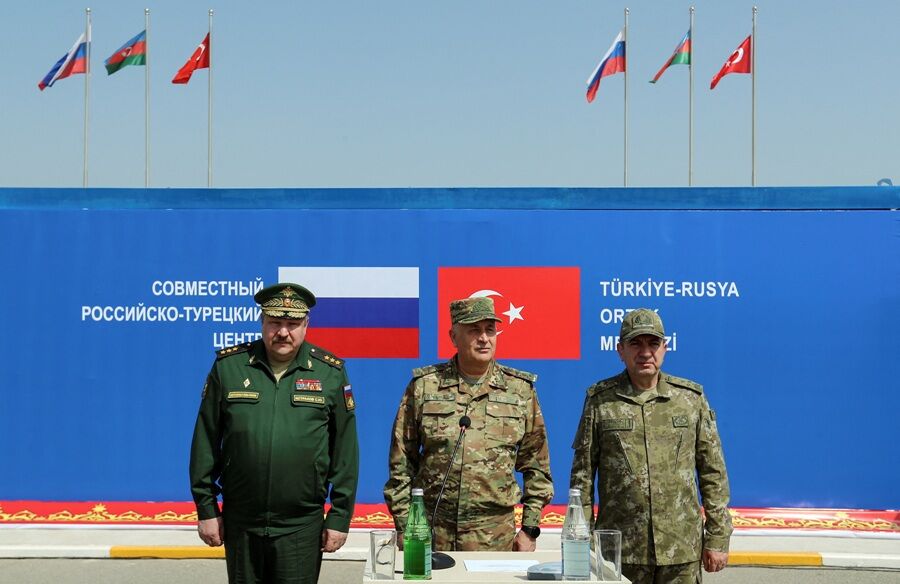Seyyed Mohammad Reza Damavandi said in an interview with the website of the Strategic Council on Foreign Relations: “The Russian army forces, four years ago, when they were stationed in Karabakh, undertook a peaceful mission.” The Russian peacekeepers had a mission to help maintain peace and prevent tension and conflict between the two long-standing regional rivals in Karabakh, namely Armenia and the Republic of Azerbaijan, and prevent another war from flaring up in this troubled region. But today, the Kremlin says it wants to withdraw forces from this area.
This expert on Caucasus issues said: “The South Caucasus is considered a backyard for Russia, so the Kremlin does not simply ignore what is happening in this region. It is even said that some of the events that are happening in the South Caucasus happen with Russia’s consent and support.
He added: “Therefore, what is seen on the surface today, that Russia is withdrawing from the South Caucasus region, cannot be true in the long term. This is superficial and fleeting perception of what is happening.”
According to this expert, considering that Russia is currently engaged in a war in Ukraine, it also looks at this war in the decisions it makes.
Damavandi pointed out that the South Caucasus issue is not the only concern for Russia today: “The issue is that if we assume the situation that has arisen in Ukraine and the prevailing conditions as a conflict between Russia and NATO and the Western world, the same is true about the Caucasus.”
He added: “Therefore, the developments that are taking place in the South Caucasus have completely changed the stable situation of the past, when the movements and actions were carried out with Russia’s consent.”
Also, in response to whether Moscow has lost its bargaining power in the South Caucasus region, especially after the 2020 war between the Republic of Azerbaijan and the Republic of Armenia, for various reasons, it is gradually withdrawing, Damavandi said. “Perhaps this perception has been formed today, but this will not continue in the long run.” Because anyway, this region is very important for Russia and has many interests for Moscow in this region. Therefore, it is very unlikely that Moscow will simply withdraw from this region and give the playing field to other countries, especially the West.
Analyzing Russia’s plan for the future of the Caucasus, this expert emphasized: “It is simply not possible to evaluate. In fact, according to the historical background, it can be said that if Russia decides to withdraw completely and hand over the land to others, it will have heavy consequences for this country in the future.”
He added: “Therefore, it seems that Russia’s current actions, contrary to what is observed, are probably a tactical move, and this country envisions other plans for itself in the long term. Unless, in the field of the war in Ukraine, we witness that Russia suffers many failures and casualties that weaken its regional power. In such a situation, Russia’s policies in the South Caucasus region may also fail.”










0 Comments